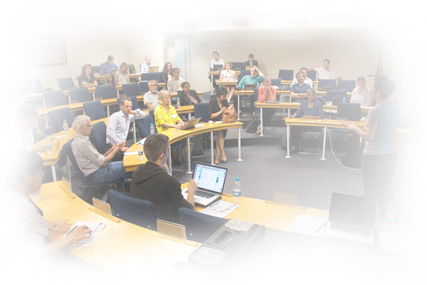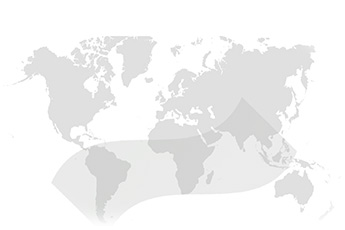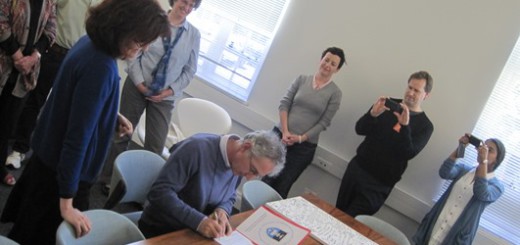Photo by Shironica Karunanayaka, used with permission.
Lead Researchers from six of the seven ROER4D Impact Studies sub-projects met in Colombo, Sri Lanka, from 11 to 13 January 2016 to critically review methodologies, conceptual frameworks and overall project progress. The three-day event was arranged by the ROER4D Wawasan Open University management team and hosted by the Open University of Sri Lanka. It provided a valuable platform for researchers to remind each other of why they were doing the research work – and of the imperatives around actively communicating outputs in order to achieve the developmental impact many researchers desired.
The ROER4D project objectives are underpinned by developmental imperatives – driven not only by a belief that OER have a role to play in addressing current development needs in education; but also that demonstrating open research practices in project communication and dissemination activities increases its potential of achieving a positive developmental impact.
Making research findable
The ‘findability’ of ROER4D research online is viewed by the ROER4D Network Hub as a crucial factor in terms of the project making an empirical contribution to the understanding of OER from a Global South perspective. It is also seen as essential in terms of reaching a diverse, non-academic audience, including policy-makers, teachers, institutional managers, and open education advocates.
In line with these principles, ROER4D’s Curation and Dissemination Manager, Michelle Willmers, conducted a working session with the Impact Studies researchers at the Sri Lanka workshop aimed at introducing researchers to the foundational principles of ROER4D’s Curation and Dissemination Strategy. The discussion focused largely on archiving and publication strategies, and drew attention to the ethical and legal dimensions of the publishing process – particularly as pertains to the project’s Open Data Initiative.
The open discussion on curation and dissemination activity was followed by one-on-one consultations with researchers, in which various genres of research outputs and communication strategies were discussed.
Designing for reuse
With close attention being paid to copyright management and ethics approval processes, researchers in the workshop were urged to carefully consider the wording on consent forms and ethics documentation to ensure that this does not preclude any form of open sharing and licensing of the research data and the results arising therefrom. Designing for reuse from the outset would help researchers and the ROER4D Network Hub team meet the project’s developmental objectives and assist with publication processes.
Despite exceptionally tight project timeframes and resource constraints, a number of Impact Studies researchers demonstrated an interest in sharing their data openly and participating in a diverse range of publishing activities.






